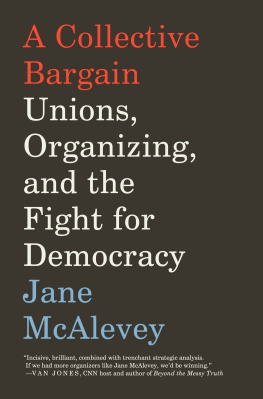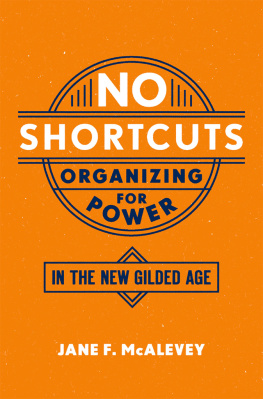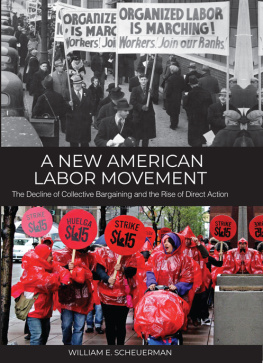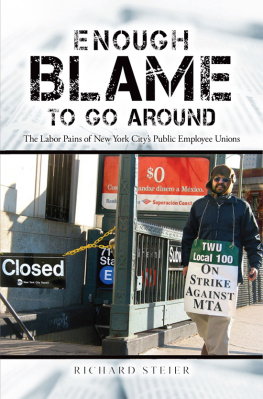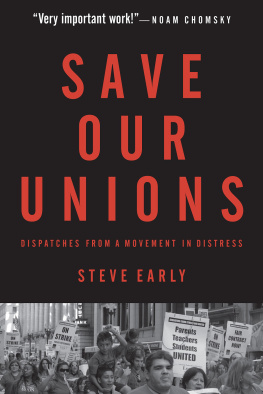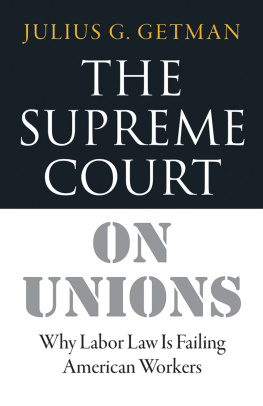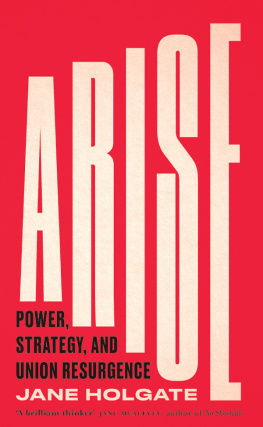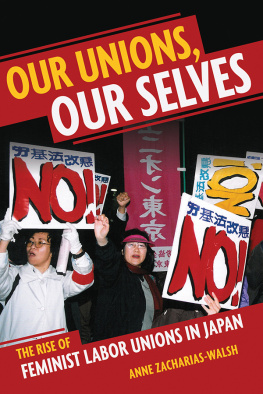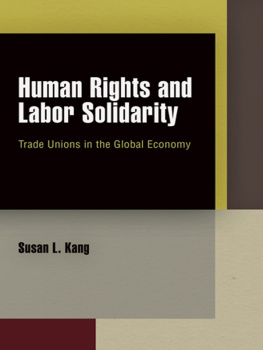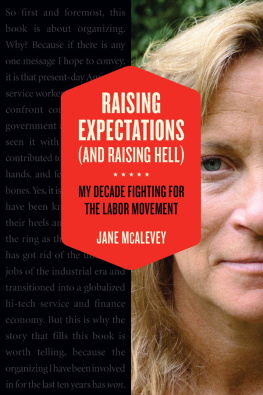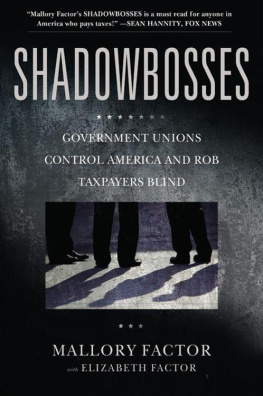UNIONS ARE SUCH A PAIN IN THE ASS. REALLY.
Anyone who has dealt with a union understands. Then again, so is trying to get through to customer service at your bank, or the warranty division of a company that made one of your household appliances. Unions can be bureaucratic and hard to navigate in the same way dealing with the permit process to build a house or a building, or opening a child-care center is. Paying union dues can feel as exciting as paying taxes. Going to a badly run union meeting may be every bit as painful as attending an interminable city council meeting or a public hearing on just about anything. But unions, Americans may finally be coming to realize, are absolutely essential to democracy. Wild levels of income inequality have led to wild levels of political inequality. Turns out that when you destroy the most effective tool that ordinary people have to challenge the powerful elite in their workplaces, you destroy democracy itself.
Chapter 2 of Timothy Snyders bestselling 2017 book, On Tyranny: Twenty Lessons from the Twentieth Century, is a directive titled Defend Institutions. It begins with his summary of why institutions matter to ward against tyranny.
It is institutions that help us to preserve decency. They need our help as well. Do not speak of our institutions unless you make them yours by acting on their behalf. Institutions do not protect themselves. They fall one after the other unless each is defended from the beginning. So choose an institution you care abouta court, a newspaper, a law, a labor unionand take its side.
In a world of widening income inequality, the foundering of the democratic electoral process, and rampant sexual and racial inequality, I take the side of unions. Despite their numerous problems, unions alone have the potential to match the power of giant corporations and massive wealth and solve the many social problems we face now.
This book is about how unions can get us out of the mess were in today. Although its focus is on the United States, the analysis and strategies have implications for Brexit-stung England, yellow-vested France, the rest of the trending right-wing populist Europe, and the worldon which the aforementioned countries have long trampled with even less regard than they currently treat their own workers. My firm belief that only strong, democratic unions can get us out of the myriad crises engulfing the United States, and large parts of the world, is based on my twenty-five years as an organizer in the field, running and winning hard campaignsincluding strikes, negotiating hard-fought collective agreements, and more recently reinforced by five years of later-in-life doctoral research at the City University of New York and two years as a postdoc at Harvard Law School. The chapters in this book reflect my life work and are a mix of history, analysis, and recent case studies, including campaigns I had a hand in, or, helped lead, in the past few years.
My conviction that unions matter now more than ever is grounded in the current power structure analysis: In the United States, we are stuck with a high court that will rule against workers and the planet for another thirty to forty years. Lawsuits, legal approaches, and advocacy, the modus operandi of choice since the early 1970s for those who self-identify as progressives, simply will not work. Those strategies were shaped by the Warren Court, which can be characterized as a liberal-leaning, or at least fair-minded, court that is a reflection of the New Deal and Civil Rights era from which it sprung. If you believe that lawsuits or legal tactics are the main platforms available for a positive change, stop reading this book and go play with your kids or grandkids. Resign their future and yours to one with more extreme storms and vast unemployment. But know that it is not inevitablenot by a long shot.
Wealth inequality is the root cause of todays problems: by 2016, the richest 1 percent controlled 46 percent of all financial wealth in the United States; the next 4 percent, 29 percent; the next 5 percent, 11 percent; and the remaining 90 percent share a meager just 14 percent. In fact, the bottom 60 percent of America not only doesnt have any financial wealth; they are, on average, in debt. But 2016 is now ancient history. By 2017, a new study on inequality showed that just three peopleJeff Bezos, Bill Gates, and Warren Buffetthave more wealth than the bottom half of the country combined. Bezoss wealth increases by $13 million per hour. In 2018, half of all people in the world experienced an 11 percent drop in their wealth; the billionaire class increased their riches by $2.5 billion each day.
Income inequality is directly linked to political inequality. According to a highly detailed study coproduced by political scientists at Princeton and Northwestern universities, the relative amount of influence over public policy that the super-rich, rich, and corporate elite have compared with the rest of the people in the United States tracks closely to the disparities in financial wealth. According to the authors, Contrary to what decades of political science research might lead you to believe, ordinary citizens have virtually no influence over what their government does in the United States. And economic elites and interest groups, especially those representing business, have a substantial degree of influence. Government policy-making over the last few decades reflects the preferences of those groupsof economic elites and of organized interests.
The impact of economic, political, and social inequality in America is real and dangerous, and not up for debate. We are, however, in a hot debate about how to reverse course. Ironically, the billionaire class now dominates and frames the national discussion on inequality. With its wealth and influence towering above all other potential players in todays think-and-do tanks, as well as its outright ownership of key news media outletsFox, the Washington Post, and Facebook, to name only threeit has captured the narrative in policy circles, functioning as an informal horizontal national political party with equal influence on the Democrats and Republicans: what I call the Party of Inequality. Billionaires and the corporations that undergird their 1 percent superpower status have so skewed the discussion that we no longer debate a workers right to strike or even their freedom to assemble in their workplace through a union. With the rise of Silicon Valley, we now argue over whether a worker is even a worker.
As detailed in the Princeton-Northwestern study of our democracy being replaced by an oligarchy, the billionaire class is again advancing the tired argument of trickle-down economics. The legacy power players long associated with the Republican side of the aisle, such as the U.S. Chamber of Commerce and the Business Roundtable, argue without proof that further slashing taxes on themselves will create more jobs because they will invest their savings in job creation. The data wildly contradicts their assertions. The 2017 tax cuts have not resulted in durable or good job creation but funded stock buybacks and bulked up the already-bulging pockets of the super-rich.
In the lead-up to the passage of the 2017 tax bill, the Business Roundtable aloneunder its chairperson, JPMorgan Chase & Companys Jamie Dimonquadrupled its spending. It dumped $17 million into pushing for the tax cut bill in just the final three months of 2017. That bested how much the Chamber of Commerce doled out in the same three-month period, but not by much: $16.83 million, out of a grand total in the institutions 2017 lobbying budget of $59 million.

